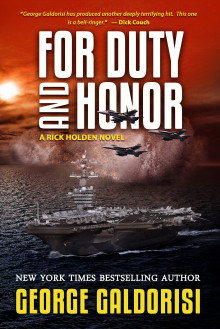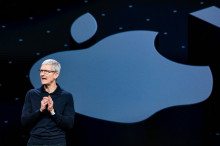It’s not much of a stretch to say
that stories about big tech have dominated the headlines in recent years. We’ve
all read them – and many of them are less-than-flattering.
That’s why I gravitated to a new
book: “World Without Mind: The Existential Threat of Big Tech.” While I have my
own – strong – opinions about what the big says, I found John Herrman’s review
of the book clarifying in explaining the import of this book. Here is how he
begins:
The
technology critic is typically a captive figure, beholden either to a sorrowful
past, a panicked present or an arrogant future. In his proudest moments, he
resembles something like a theorist of transformation, decline and creation. In
his lowest, he is more like a speaking canary, prone to prophecy, a game with
losing odds. His attempts at optimism are framed as counterintuitive, faring
little better, in predictive terms, than his lapses into pessimism. He teeters
hazardously between implicating his audience and merely giving their anxieties
a name. He — and it is almost always a he — is the critical equivalent of an
unreliable narrator, unable to write about technology without also writing
about himself. Occasionally, he is right: about what is happening, about what
should happen, and about what it means. And so he carries on, and his audience
with him.
Franklin
Foer, thankfully, recognizes these pitfalls even if he can’t always avoid them.
Who can? The melodramatically titled “World Without Mind,” Foer’s compact
attempt at a broad technological polemic — which identifies the stupendous
successes of Amazon, Google and Facebook, among others, as an “existential
threat” to the individual and to society — begins with a disclaimer. Foer’s
tumultuous stint editing The New Republic under the ownership of the Facebook
co-founder Chris Hughes ended with mass resignations and public acrimony.
“There’s no doubt that this experience informs the argument of this book,” he
writes. He is likewise entangled through his proximity to publishing: The
author’s friends, colleagues and immediate family members — including his
brother, the novelist Jonathan Safran Foer — depend to different degrees on the
industry Amazon consumed first. The book is dedicated to his father, Bert, a
crusading antitrust lawyer.
In this slightly crouched posture, and with a hint of healthy self-doubt, Foer proceeds quickly. We, the consuming public, have failed to properly understand the new tech superpowers, he suggests, leaving little hope for stodgy and reluctant American regulators. The scope of their influence is obscured by the sheer number of things they do and sell, or problems they purport to be solving, and by our outdated sense of what constitutes a monopoly. To that end, Foer promotes the concept of the “knowledge monopoly,” which he qualifies with a mischievous grin. “My hope is that we revive ‘monopoly’ as a core piece of political rhetoric that broadly denotes dominant firms with pernicious powers,” he says, rather than as a “technical” term referring to one company cornerning a market. (His new monopolists, after all, aren’t raising prices. They’re giving things away free). Want more? You can read the full article here











